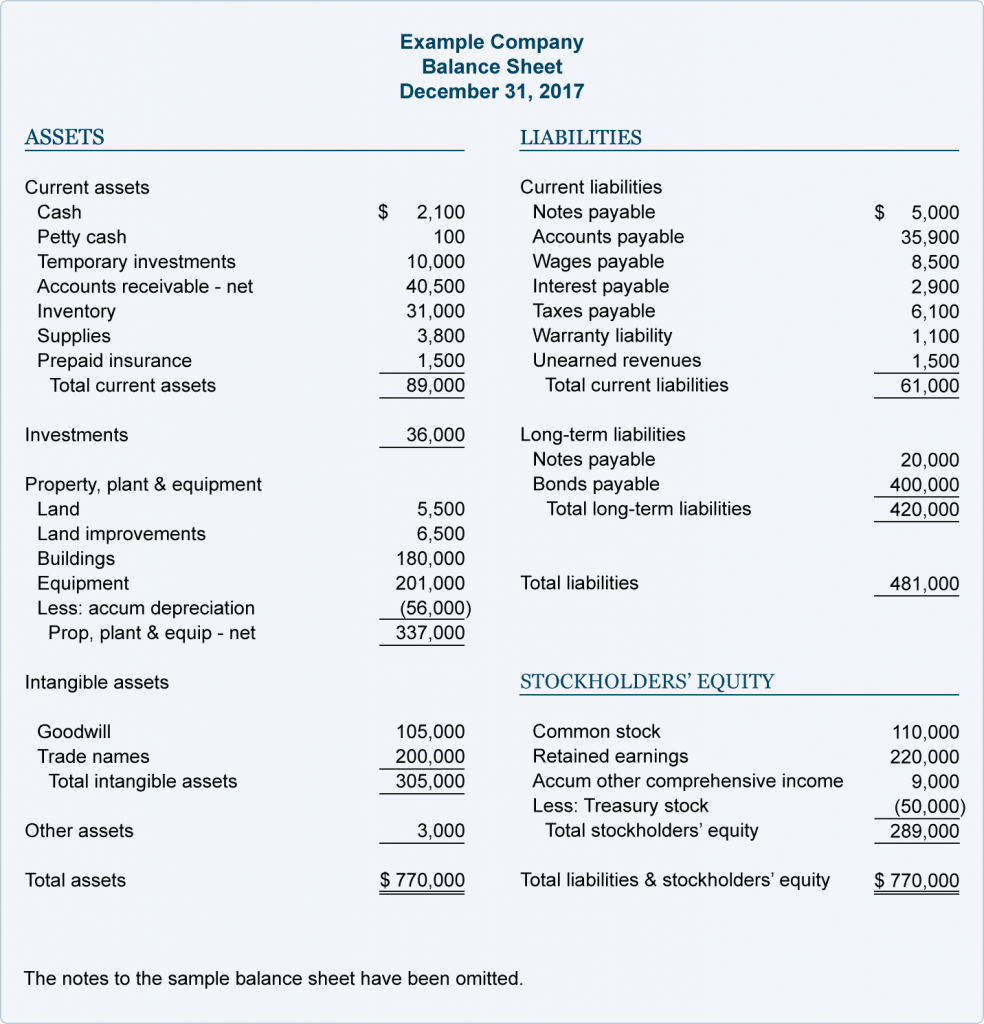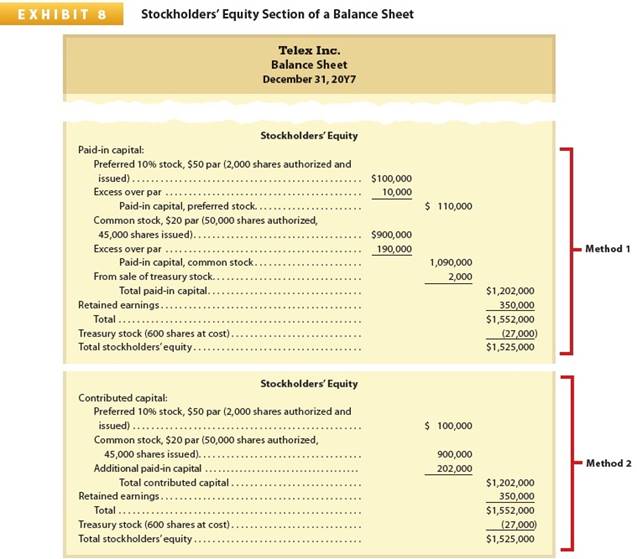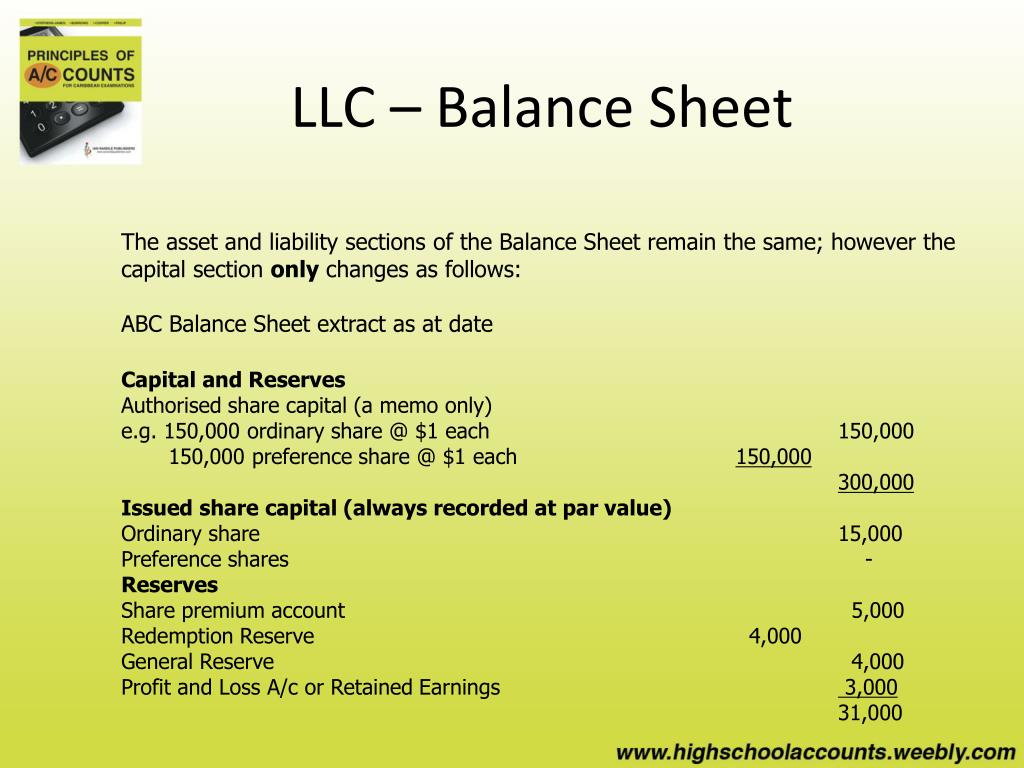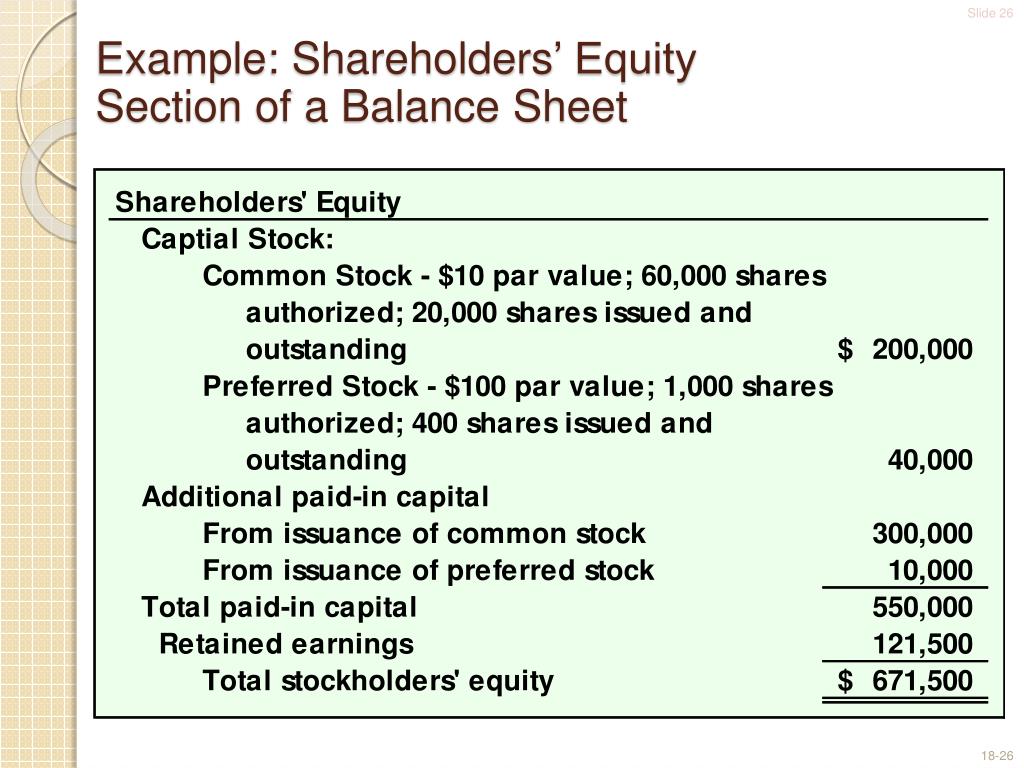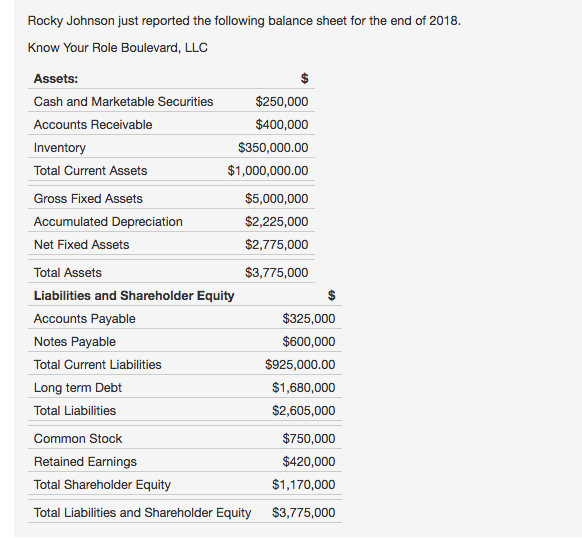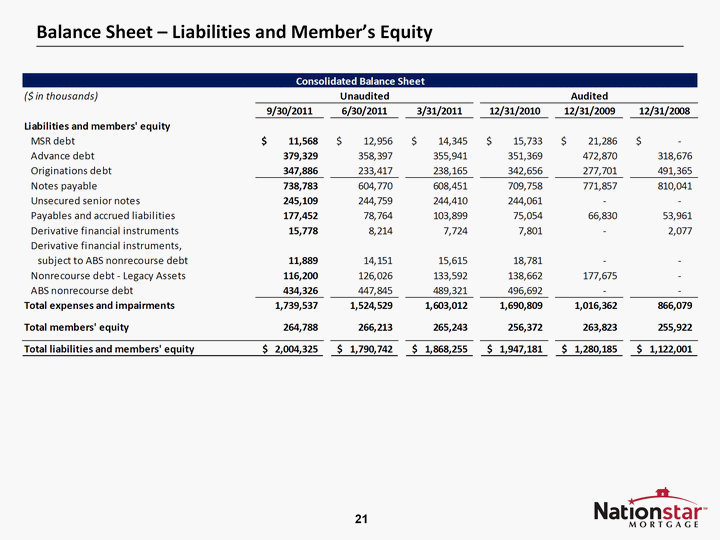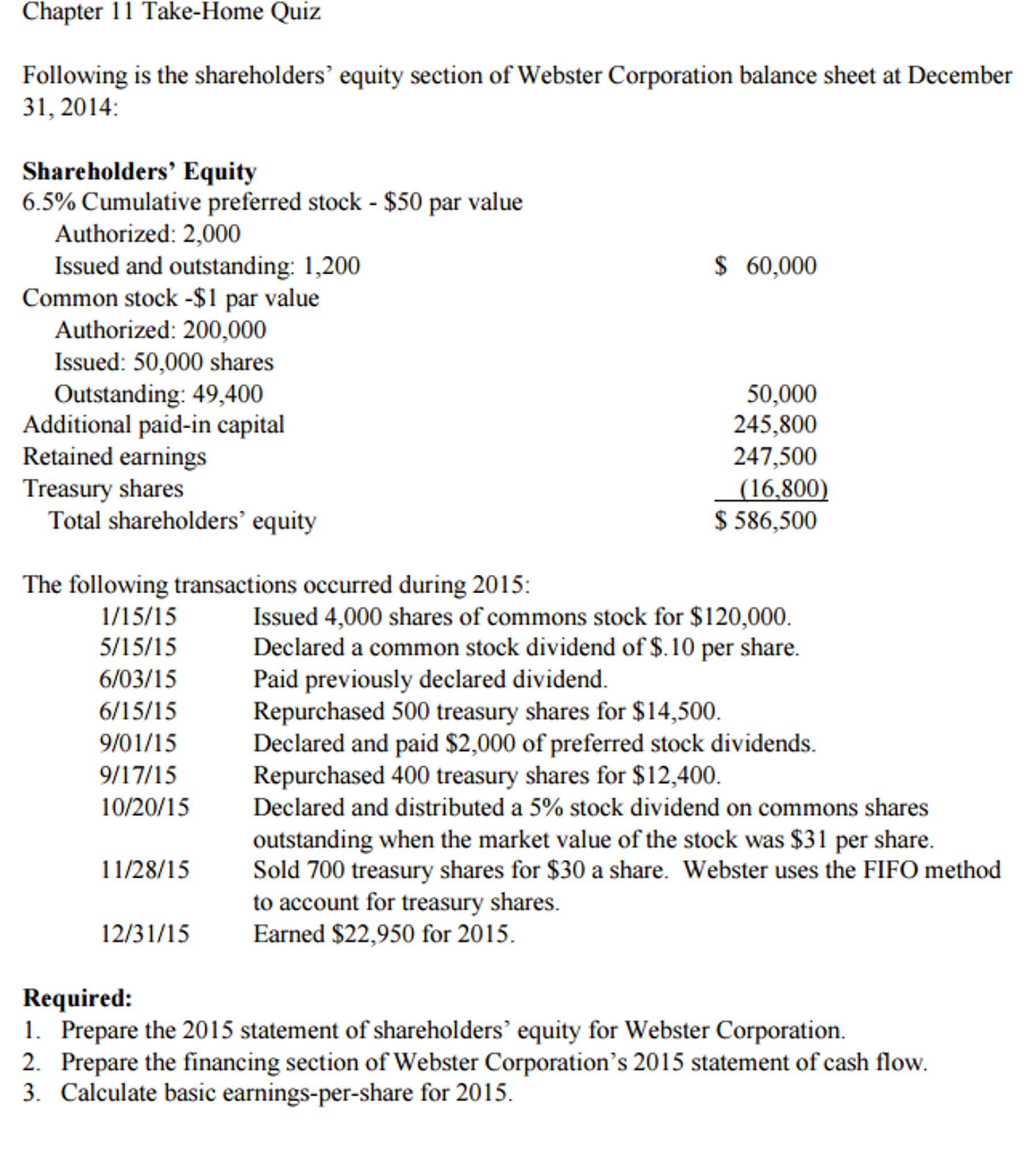Llc Equity Section Of Balance Sheet - Equity reflects the owners’ residual interest in the company after liabilities are subtracted from assets. Unlike corporations, llcs should not report equity contributed by members separately from earned equity. If the total amount of members' equity. After reviewing the characteristics and equity reporting of these business forms, the chapter focuses on partnerships and limited liability. The equity section of the balance sheet should be titled members’ equity (llcs) or owners’ equity (partnerships) in contrast to shareholders’ or. Equity reflects the residual interest in the assets of the llc after deducting its liabilities and is essentially the ownership stake held by the. Partnerships and limited liability companies (llc’s) use capital accounts instead of stock (corporations) or equity (sole.
Equity reflects the residual interest in the assets of the llc after deducting its liabilities and is essentially the ownership stake held by the. If the total amount of members' equity. The equity section of the balance sheet should be titled members’ equity (llcs) or owners’ equity (partnerships) in contrast to shareholders’ or. Partnerships and limited liability companies (llc’s) use capital accounts instead of stock (corporations) or equity (sole. Unlike corporations, llcs should not report equity contributed by members separately from earned equity. Equity reflects the owners’ residual interest in the company after liabilities are subtracted from assets. After reviewing the characteristics and equity reporting of these business forms, the chapter focuses on partnerships and limited liability.
Equity reflects the owners’ residual interest in the company after liabilities are subtracted from assets. Partnerships and limited liability companies (llc’s) use capital accounts instead of stock (corporations) or equity (sole. After reviewing the characteristics and equity reporting of these business forms, the chapter focuses on partnerships and limited liability. Unlike corporations, llcs should not report equity contributed by members separately from earned equity. If the total amount of members' equity. The equity section of the balance sheet should be titled members’ equity (llcs) or owners’ equity (partnerships) in contrast to shareholders’ or. Equity reflects the residual interest in the assets of the llc after deducting its liabilities and is essentially the ownership stake held by the.
Llc Balance Sheet Example amulette
Equity reflects the owners’ residual interest in the company after liabilities are subtracted from assets. Partnerships and limited liability companies (llc’s) use capital accounts instead of stock (corporations) or equity (sole. The equity section of the balance sheet should be titled members’ equity (llcs) or owners’ equity (partnerships) in contrast to shareholders’ or. Equity reflects the residual interest in the.
(Solved) Stockholders' Equity Section Of A Balance Sheet Telex Inc
Unlike corporations, llcs should not report equity contributed by members separately from earned equity. Equity reflects the owners’ residual interest in the company after liabilities are subtracted from assets. If the total amount of members' equity. Partnerships and limited liability companies (llc’s) use capital accounts instead of stock (corporations) or equity (sole. Equity reflects the residual interest in the assets.
PPT Chapter 16 LIMITED LIABILITY COMPANIES (LLC) PowerPoint
Unlike corporations, llcs should not report equity contributed by members separately from earned equity. The equity section of the balance sheet should be titled members’ equity (llcs) or owners’ equity (partnerships) in contrast to shareholders’ or. Partnerships and limited liability companies (llc’s) use capital accounts instead of stock (corporations) or equity (sole. If the total amount of members' equity. Equity.
PPT Shareholders’ Equity PowerPoint Presentation, free download ID
Partnerships and limited liability companies (llc’s) use capital accounts instead of stock (corporations) or equity (sole. Equity reflects the owners’ residual interest in the company after liabilities are subtracted from assets. Equity reflects the residual interest in the assets of the llc after deducting its liabilities and is essentially the ownership stake held by the. After reviewing the characteristics and.
What Is Owner's Equity? The Essential Guide 2025
Partnerships and limited liability companies (llc’s) use capital accounts instead of stock (corporations) or equity (sole. Unlike corporations, llcs should not report equity contributed by members separately from earned equity. The equity section of the balance sheet should be titled members’ equity (llcs) or owners’ equity (partnerships) in contrast to shareholders’ or. After reviewing the characteristics and equity reporting of.
Solved One Llc
Equity reflects the residual interest in the assets of the llc after deducting its liabilities and is essentially the ownership stake held by the. If the total amount of members' equity. After reviewing the characteristics and equity reporting of these business forms, the chapter focuses on partnerships and limited liability. Equity reflects the owners’ residual interest in the company after.
Balance Sheet Liabilities and Member's Equity
After reviewing the characteristics and equity reporting of these business forms, the chapter focuses on partnerships and limited liability. Partnerships and limited liability companies (llc’s) use capital accounts instead of stock (corporations) or equity (sole. Equity reflects the owners’ residual interest in the company after liabilities are subtracted from assets. The equity section of the balance sheet should be titled.
Solved Following Is The Shareholders' Equity Section Of W...
The equity section of the balance sheet should be titled members’ equity (llcs) or owners’ equity (partnerships) in contrast to shareholders’ or. After reviewing the characteristics and equity reporting of these business forms, the chapter focuses on partnerships and limited liability. Unlike corporations, llcs should not report equity contributed by members separately from earned equity. If the total amount of.
Chap002 libby power
If the total amount of members' equity. Partnerships and limited liability companies (llc’s) use capital accounts instead of stock (corporations) or equity (sole. The equity section of the balance sheet should be titled members’ equity (llcs) or owners’ equity (partnerships) in contrast to shareholders’ or. Unlike corporations, llcs should not report equity contributed by members separately from earned equity. Equity.
Balance Sheet Equity Section Creation from Trial Balance 15
Partnerships and limited liability companies (llc’s) use capital accounts instead of stock (corporations) or equity (sole. Unlike corporations, llcs should not report equity contributed by members separately from earned equity. The equity section of the balance sheet should be titled members’ equity (llcs) or owners’ equity (partnerships) in contrast to shareholders’ or. Equity reflects the residual interest in the assets.
The Equity Section Of The Balance Sheet Should Be Titled Members’ Equity (Llcs) Or Owners’ Equity (Partnerships) In Contrast To Shareholders’ Or.
Partnerships and limited liability companies (llc’s) use capital accounts instead of stock (corporations) or equity (sole. If the total amount of members' equity. After reviewing the characteristics and equity reporting of these business forms, the chapter focuses on partnerships and limited liability. Equity reflects the residual interest in the assets of the llc after deducting its liabilities and is essentially the ownership stake held by the.
Unlike Corporations, Llcs Should Not Report Equity Contributed By Members Separately From Earned Equity.
Equity reflects the owners’ residual interest in the company after liabilities are subtracted from assets.
